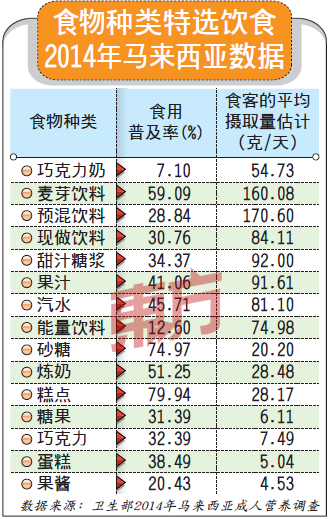Glad to contribute my thoughts on the resolution on drug price transparency passed in the recent 72nd World Health Assembly. Thank you The Star for the interview.
//...Research institute Penang Institute in KL’s senior analyst Dr Lim Chee Han says that given budget constraints, the WHO resolution will strengthen the government’s position in setting appropriate indicative prices for drug procurement open tender bids.
This will enable the government to secure the best value from the bids and purchase more needed health products with the limited funds, he says.
The resolution will also help private patients to reduce their out-of-pockets expenditure on drugs, thus reducing the incidence of medical impoverishment after catastrophic illness, he says.
Lim says that the medicines that require the ministry to intervene and request transparency on are single-source originator medicines that are new in the market.
“This is where the market price data and information about the medicine are often lacking to determine the value, most likely subjected to unreasonable pricing,” he says.
In the current practice when calling for a tender, the ministry will compare prices with median prices of medicine in countries with a similar development status, says Lim.
“With this new resolution, all member states can urge pharmaceutical companies to declare the relevant information before accepting the list price set by the company.
“This can deter some companies from abusing their patent monopoly position to set unreasonably high benchmark/reference prices in different markets,” he says. //
The news article can be accessed
here.
My full media response is below:
The
resolution passed in the WHA72 to improve the transparency of markets for
medicines, vaccines and other health products, is a long-awaited victory for
the global citizens. Certainly this news benefits Malaysia by and large, as the
issue about rising healthcare cost especially concerning drug price is gaining
more public attention. What the
resolution actually compels the health authority in the member states to do is
to publicly share information about: i) net prices of health products, ii) costs
of clinical trials (for the drug development) carried out, iii) sales
performance of health products, iv) patent status and market approval status, v)
help improve national capacities especially in developing countries and low-
and middle-income countries. The net effect of (i) to (iv) would be, the
pharmaceutical companies have to justify their pricing by declaring the
specific costs incurred in the drug development, considering if the profit of
the drug sales have already recouped their investment, and lastly health
authority in the member states as well as public would be made aware of the
drug patent status while anticipating the entry of generic drugs in the
competition to bring the drug price even lower. After the scrutiny of various global
health authorities, health advocacy groups and general public, these
information would certainly increase the market transparency and social
responsibility of pharmaceutical companies in setting the drug price in an
acceptable and reasonable range.
Granted,
drug price transparency does not equate to drug price control. However, opaque, unaccountable or simply
arbitrary drug price-setting behaviour by some pharmaceutical companies should
not be the way how a free market works. Freedom of information must come
hand-in-hand, for a buyer to be fully aware of the product information
therefore could determine/evaluate what is a fair value. Otherwise it can lead
to abuse of legal-monopoly position (by the virtue of being a patent holder) in
setting unreasonable and unethical pricing.
Medicine
is not ordinary market commodity. When the patent period is still on, there would
have no other substitute for the patients. They could be desperate and probably
could not live without those life-saving drugs. Sometimes the only obstacle/barrier
that denies their access to the drug is not the availability, but affordability
of the drug
.
In
2017, RM2.382 billion had been set aside for medicine procurement for MOH
health facilities, which was about 10% of the total operating expenditure of
the MOH. As much as the government would like to help the public patients to
access the treatments, given the budget constraint, every drug procurement
using this pool of funding poses opportunity cost to others.
The WHA72
resolution would strengthen the hands of the government in setting the appropriate
indicative prices for drug procurement open tender bids, thus ultimately the
government would secure the best value from the procurement bids and be able to
squeeze more from the limited fund to purchase more needy health products. Drug
price transparency would also help the private patients to reduce their
out-of-pockets expenditure on drugs, thus reduce the incidence of medical
impoverishment after catastrophic illness.
